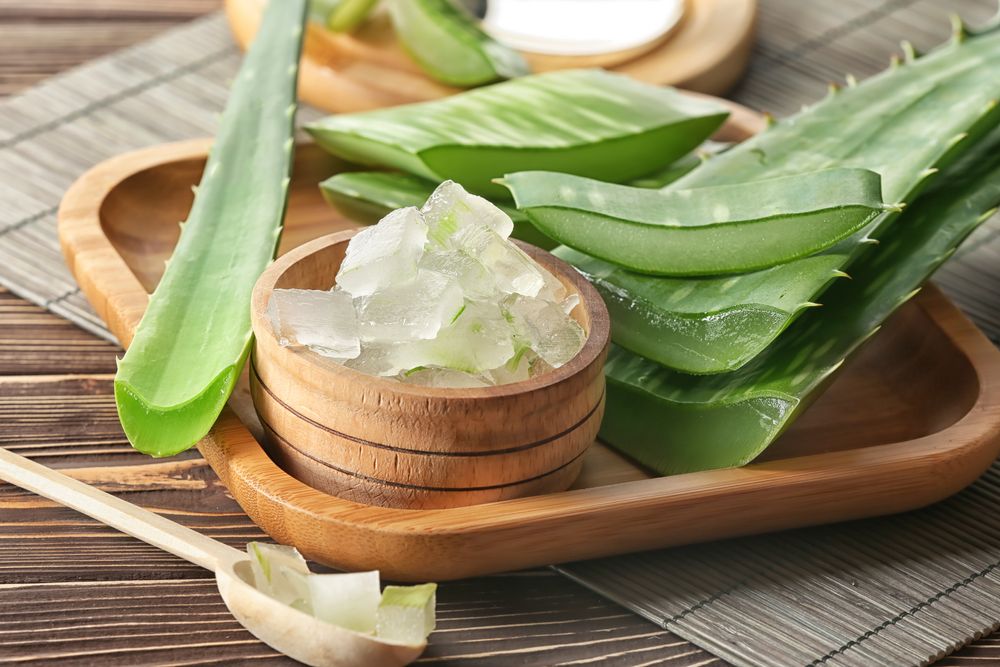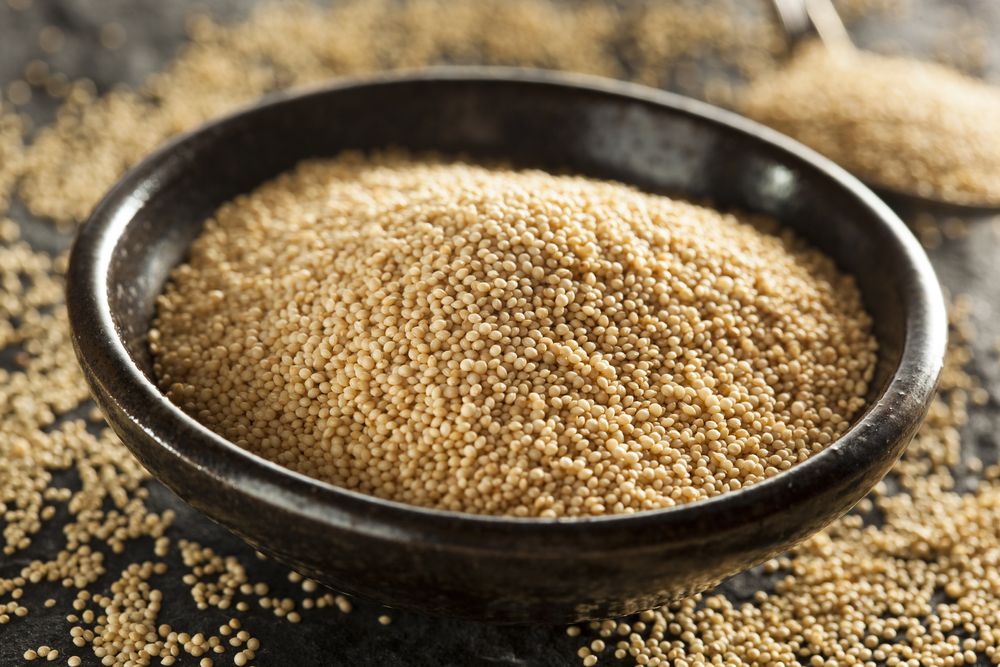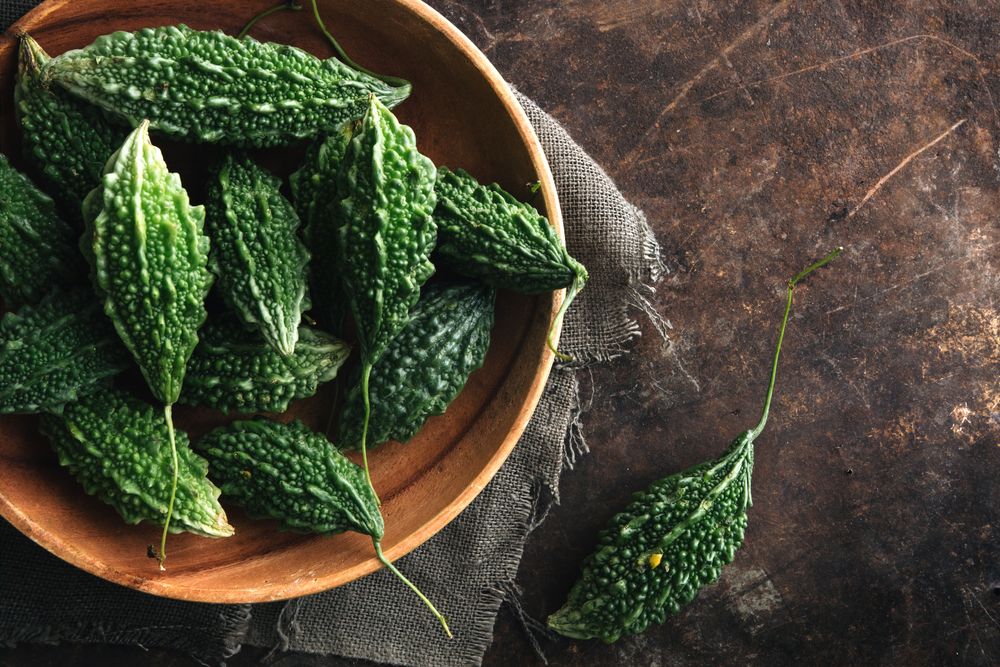Author: Dr.Swati Shukla
-

Cabbage – Benefits, Nutritional Facts and Recipes
The first thing that comes to mind when talking of cabbage is that it is one of the veggies tossed in salads, thrown in soup, or part of the most loved Chinese food. But the versatility of this vegetable doesn’t stop there. Benefits of cabbage include healthy hair to maintain a clean gut. In addition,…
-

Crisis Fatigue – How to Prevent Covid19 From Taking Over Your Life
Millions of cases of COVID-19 have emerged as of now and are still increasing. Extended lockdowns and social distancing have permeated into our lives. People have to face long hours of working from home. All of this has become the new normal, something that the entire world must grapple with. But in this new reality,…
-

Aloe Vera: Nutritional Facts, Benefits, Weight Loss, and Side Effects
Today, aloe vera is primarily known to treat sunburn, but did you know that the gel inside of the aloe vera plant can be used for different health ailments? Aloe vera gel can be used directly from the plant, it can be consumed in the form of a juice, or it can be applied topically…
-

Amaranth: Benefits, Nutritional Facts, and Recipes
Our ancestors cultivated Amaranth for its nutritional values as long as 8,000 years ago. The Amaranth plant is classified as pseudocereals as it differs from other grains found in the market. Grown for their starchy and edible seeds, they do not belong to the family of cereals like rice and wheat. Incredibly versatile in its…
